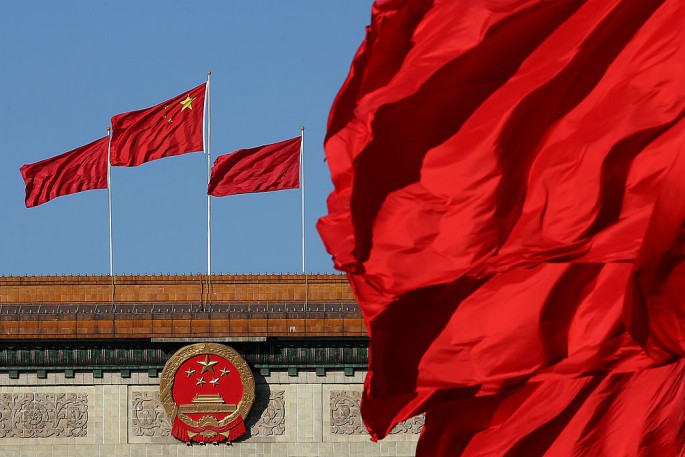According to Hurun Report 2017, the 200 richest lawmakers in China have an accumulated wealth of over $500 billion, Financial Times stated in an article.
With combined fortunes of 3.5 trillion yuan ($507 billion), the 200 wealthiest members of the National People's Congress (NPC) and advisory body, Chinese People's Political Consultative Congress (CPPCC) obtained significant jump in terms of their worth.
Particularly, the list's top 100 lawmakers have tallied a 1.64-trillion-yuan growth from 2013 to the current figure, which is at around 3 trillion yuan.
The roster includes first-generation Chinese billionaires such as Robin Li, founder of Internet firm Baidu, and Pony Ma, founder of another tech giant, Tencent.
Though the government has launched an anti-corruption campaign, a move that made affluent people "adopt a lower profile," many executives still covet either an NPC or a CPPCC membership because of the opportunity it gives in letting one profess his or her party loyalty.
NPC 2017, which runs in parallel with the CPPCC, has kicked off on Sunday. The article stated that over 5,000 delegates were in attendance during the said two sessions. Both NPC and CPPCC convene every March.
This year's sessions will mainly focus on the bodies' recently launched drive against financial speculation, a practice that has helped Chinese businessmen multiply their fortunes.
For instance, property and insurance luminary Yao Zhenhua saw a ninefold increase in his wealth at the back of his bid to control one of the largest property firms in the country. The government's insurance regulator has since banned him for a decade from the sector.
Apart from the campaign, Chinese officials have also intensified their efforts to convict or detain investors that have suspiciously amassed a huge amount of money. For example, authorities have already gone after Xu Xiang, an investor "who led a group of hedge funds," Financial Times wrote.
China is also tracing "crocodiles" in the stock market who reportedly manipulate firms and benefit from insider trading. Officials are also adamant in carrying out their investigation in the 2015 stock market crash.
Last week, Wang Wei, the founder of logistics firm SF Express, became an overnight billionaire after he "reversed the business into a shell company on the Shenzhen stock market," the article said.



























